The Long-Lasting Effects of Traumatic Brain Injuries

Traumatic Brain Injuries (TBIs) are complex medical conditions with profound implications for the affected individuals. These injuries result from a forceful impact on the head, leading to disruptions in normal brain function. Understanding the long-term effects of TBIs is crucial for both individuals and their families, especially when it comes to pursuing compensation.Read more…
When Brain Injuries Cause Paralysis
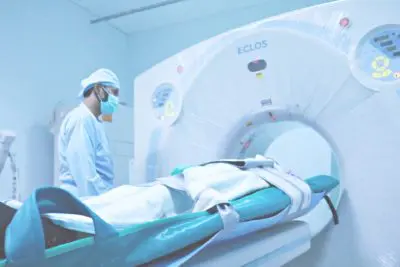
It is common knowledge that spinal cord injury can cause paralysis, but not as well known that this condition can also be caused by injury to the brain. When the brain is damaged in areas that control the function of the muscles, it can leave a victim with weakness or paralysis. The good news is that treatment is possible to recover some degree of strength and mobility after a brain injury.
The Relationship Between Falls and TBIs
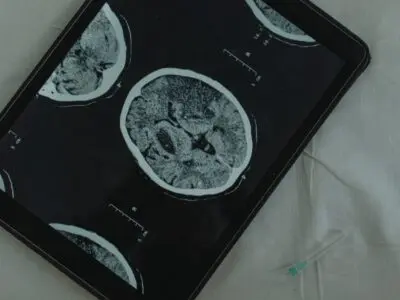
Slip-and-falls are almost always caused by negligence. Whether a public walkway hasn’t been cleared of ice, or a wet-floor sign wasn’t put down in a grocery store after an employee mopped, slip-and-falls are often not the fault of the victim.
Chronic Traumatic Encephalopathy and Football: A Dangerous Mix

When your body is stopped mid-motion, like when it is flung forward in a car accident or during a tackle on the football field, your brain doesn’t stop moving until it has hit the inside of your skull. The impact can result in brain damage, and if this motion happens enough times it can result in degeneration, otherwise known as chronic traumatic encephalopathy (CTE). This degeneration can leave a person’s life in shambles and, since it can only be diagnosed during an autopsy, you may not even know you’re suffering from it.Read more…
Georgia Injuries That Can Lead to Hemiplegia
Hemiplegia is brain damage that leads to partial or total paralysis of one side of the body.
Hemiplegia is most often the result of disrupted blood flow to the brain. Such an injury can be caused by a traumatic brain injury, such as a blow to the head resulting from an automobile collision or any other trauma-causing incident.Read more…
Georgia Brain Injury FAQs
Brain injuries often leave victims with long-term or even lifelong consequences. Those with traumatic brain injuries may need long-term treatment, care, and rehabilitation. Many costs may have to be paid out of pocket. Here are answers to some of the questions victims and families may be asking in the aftermath of a traumatic brain injury.Read more…
New Law in Georgia Targets Sports Brain Injury
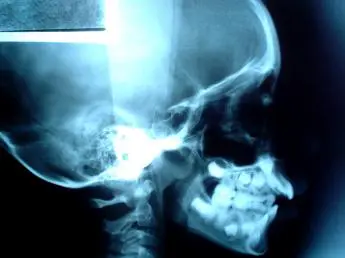
According to a report by WALB News, Georgia’s Return to Play Act, a new law that was approved in 2013, is now effective. It addresses brain injury in student athletes and seeks to prevent serious brain injuries from occurring. More specifically, the law requires coaches to take student athletes out of games and/or practices if they show signs of concussions or other brain injuries and to report them for a medical evaluation.
Some believe that the new law is a much needed measure that will improve the safety of student athletes. However, others do not think the new law will make any different, since they believe injuries are an inherent risk to sports.Read more…
Brain Research Team Working on New Tool that Measures Consciousness
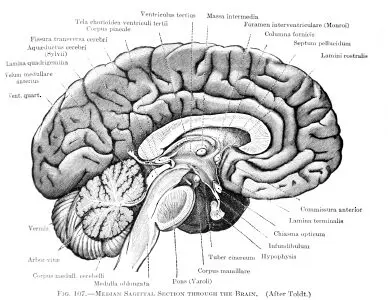
In cases of severe brain injury, patients who have retained a level of awareness may appear indistinguishable from those who are in a true vegetative state. This is known as “locked-in syndrome,” in which a person is conscious yet unable to transmit it in any obvious way.
Since a patient’s level of awareness weighs heavily on his or her chances of recovery, neuroscientists and medical professionals everywhere are trying to find a reliable way to measure awareness, or consciousness.
The method being used today involves subjecting patients to external stimuli, such as voice commands or pain, and seeing if they react with movement or brain activity. However, this method of testing is imperfect and produces only crude measurements.Read more…
Researchers at Georgia Tech Seek Better Understanding of Brain Injuries

According to Health Canal, researchers at the Georgia Institute of Technology are seeking a better understanding of the brain’s inner workings and the changes brought about by injury. Through this research, they are not only attaining knowledge of the brain’s many complex mechanisms, but also are coming up with better treatments for brain injuries and disorders, afflictions that greatly interest the Atlanta traumatic brain injury attorneys at The Law Offices of Wayne Grant, P.C.
One team is researching the effects of electrical and light stimulation on the brain and its possible usage to reduce or eliminate seizures associated with epilepsy. Two million people in the United States are afflicted with the disorder. Seizures occur when nerve cells in the brain fire abnormally and excessively. The stimulation techniques, if valid, could help patients on whom drug therapies do not work. Experiments will be conducted on an animal model that is experiencing temporal lobe epilepsy.Read more…
Traumatic Brain Injuries Can Cause Lifelong Struggles
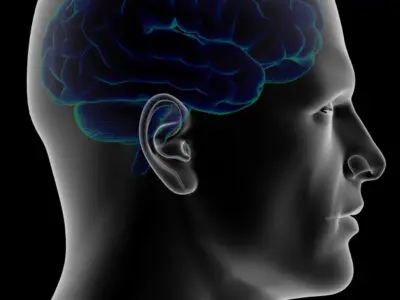
Traumatic brain injuries (TBI) occur when the brain is damaged in some way. A blow to the head frequently causes a traumatic brain injury known as a concussion, while an object penetrating the skull causes a different but also dangerous type of traumatic brain injury. Even a mild traumatic brain injury can cause lingering TBI symptoms, such as difficulties with memory, concentration, mood, sleep, balance, and head pain. Severe traumatic brain injuries can cause permanent disabilities or even death.
Approximately 1.4 million U.S. residents suffer a traumatic brain injury each year, according to the Department of Veterans Affairs. Common causes of traumatic brain injury include auto accidents, falls, blows to the head, and sports injuries. Explosions can also cause traumatic brain injuries, although these are less common among civilians than among members of the armed forces.Read more…
Contact us today for a free and comprehensive case evaluation.
We require no legal retainer or upfront fees,
and you pay nothing unless we prevail.
Phone: (404) 995-3955




